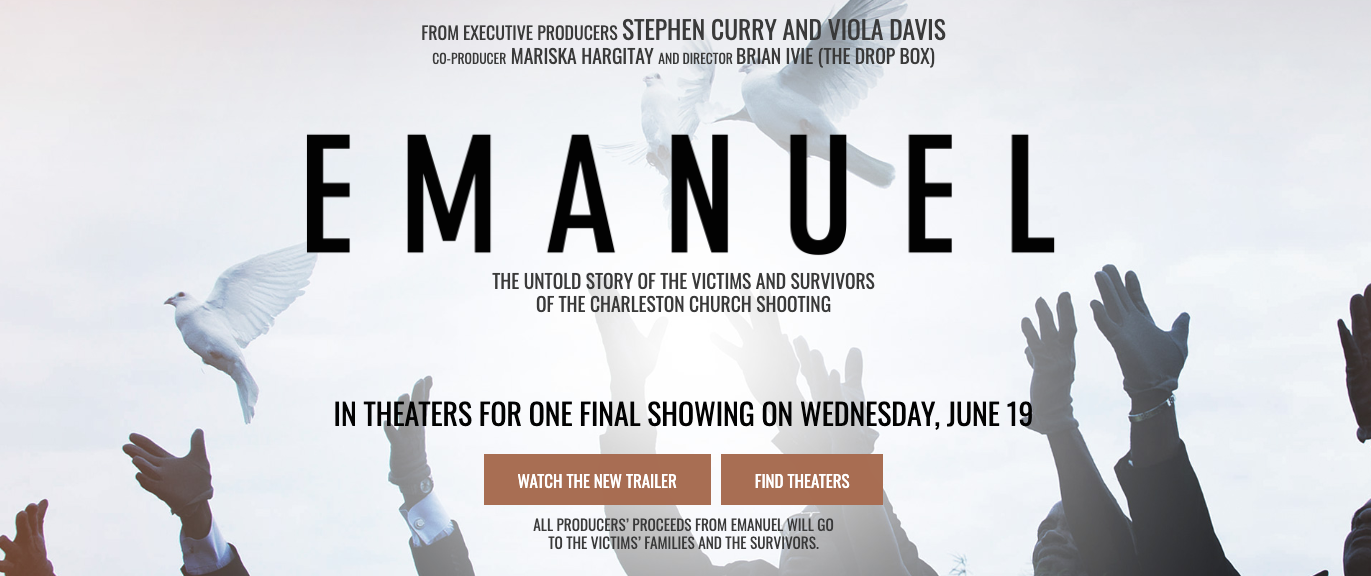This past weekend at Eastbrook, we continued exploring the Apostles’ Creed, “Living the Creed,” with a message focused on forgiveness entitled, “I believe in the forgiveness of sins.” Forgiveness is one of the most freeing and challenging practices we encounter in life. We all know we need it from others and should give it to others, yet learning the way of forgiveness can feel unnatural and confusing. This feeling may grow stronger when we read these bracing words from the Apostle Paul:
“Bear with each other and forgive one another if any of you has a grievance against someone. Forgive as the Lord forgave you.” (Colossians 3:13)

In the book Forgiving as We’ve Been Forgiven, Célestin Musekura and L. Gregory Jones reflect at length on what it means to forgive. At one point, Musekura reflects on the Cross of Christ in this way:
Because of this divine act, the Christian model of forgiveness stresses the granting of unconditional forgiveness to those who cause injury, pain and suffering in this life.
In the book, Musekura shares his own journey through the pain of the 1994 Rwandan genocide and beyond. Reading his words thrust me back into the trauma-filled stories I had heard from other survivors in Rwanda when visiting in 1999 and 2000 as a staff member of World Relief. Musekura’s own journey into forgiveness and the work he has done with African Leadership and Reconciliation Ministries (ALARM) brought him to this powerful realization:
If forgiveness is the heart of the gospel, it is the center of the church’s mission as well.
Comparing the way of forgiveness to learning how to dance, Jones builds upon this by offering six steps of forgiveness that I have found incredibly helpful. I wanted to share them here as we reflect on our own lives and the divided society around us:
Step 1: Truth Telling: We become willing to speak the truthfully and patiently about the conflicts that have arisen. “We need not only honesty but also patience…[to] discern more clearly what is going on….We must, rather, take the time to talk to one another about the things that divide us” (46-47).
Step 2: Acknowledging Anger: We acknowledge both the existence of anger and bitterness, and a desire to overcome them. “Whether these emotions are our own or belong to others who are mad at us, it does no good to deny them….We learn to overcome bitterness as we begin to live differently through practices that transform hatred into love” (48-49).
Step 3: Concern for the Other: We summon up a concern for the well-being of the other as a child of God. “Seeing as children of God the ones on whom our bitterness focuses challenges our tendency to perceive them simply as enemies, rivals or threats. Now they are potential friends of God” (49-50).
Step 4: Recognizing, Remembering, Repenting: We recognize our own complicity in conflict, remember that we have been forgiven in the past and take the step of repentance. “People need to be held accountable for their actions…we also need to recognize and resist our temptation to blame others while exonerating ourselves….Repentance breaks the cycle of violence and creates space for God to do something new” (51).
Step 5: Commitment to Change: We make a commitment to struggle to change whatever caused and continues to perpetuate our conflicts. “Forgiveness out to usher in repentance and change. It ought to inspire prophetic protest wherever people’s lives are being diminished and destroyed. Forgiveness and justice are closely related” (53).
Step 6: Hope for the Future: We confess our yearning for the possibility of reconciliation. “Continuing to maintain reconciliation as the goal – even if this is ‘hoping against hope’ for reconciliation in this life – is important because it reminds us that God promises to make all things new….Every concrete act – every prayer prayed, every apology offered, every meal shared across dividing lines – is a sign that our history and habits of sin have been definitively interrupted by the life, death and resurrection of Jesus Christ” (55).
Reflecting on Jones’ dance steps of forgiveness, I couldn’t help but reflect on numerous situations I’ve experienced in my own life or in walking with others as a pastor. Some of these steps come naturally, while others take great selflessness and humility. Still, I see them as helpful guides into the pathways of forgiveness.
If, as Célestin Musekura writes, “forgiveness is the heart of the gospel” and “the center of the church’s mission,” then perhaps it is time that you and I enroll in dance lessons under the tutelage of the Holy Spirit!
